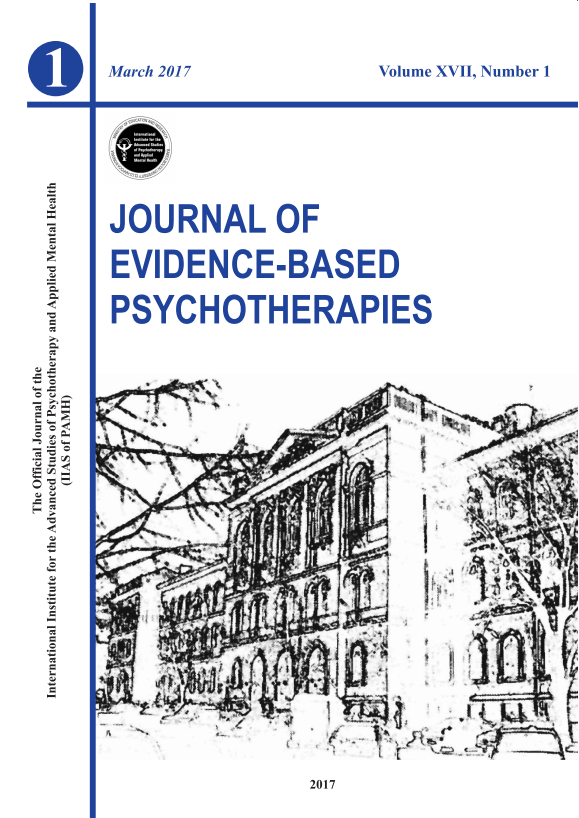Ioana PODINA*1, Andrada JUCAN1, & Daniel DAVID1,2
1Babeş-Bolyai University, Cluj-Napoca, Romania
2Icahn School of Medicine at Mount Sinai, New York, USA
Abstract
Research indicates that maladaptive or irrational beliefs underlie the development of depression. However, there are a limited number of studies on what boosts the “cognitive immunity” of irrational individuals against psychopathology. The present exploratory study examined self-compassion and its components (i.e., self-kindness, common humanity, and mindfulness) as potential buffers of the irrationality-depression relationship. A hundred and eighty seven volunteers were assessed for core/general irrationality, self-compassion, and depression levels. The results obtained were largely consistent with the hypotheses. As expected, under high levels of self-compassion there was no longer a significant relationship between irrational beliefs and depression (B =-.001, SE =.028, t = -.043, p = .965). No such buffering effects were found for the low and mean levels of self-compassion. Secondly, the present findings showed that it is especially the self-kindness component of self-compassion that moderated the irrational belief-depression relationship (B =-.012, SE =.004, β = – .185, p < .001), whereas the common humanity and mindfulness components were not found to be significant moderators of this relationship. This differential buffering effect underscores the importance of discerning between the subtypes of self-compassion. Proximal and distal clinical suggestions are discussed along with theoretical advancements on self-compassion.
Keywords: self-compassion, maladaptive beliefs, depression, buffer.
